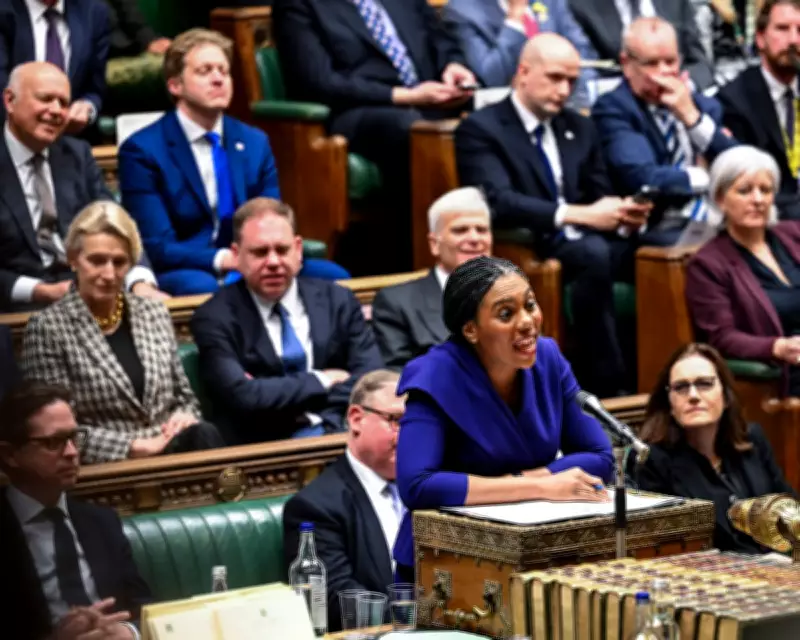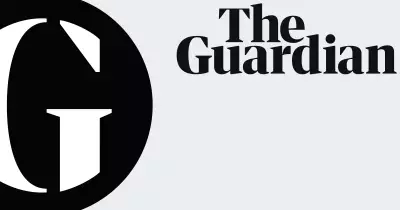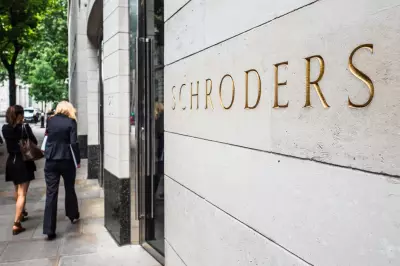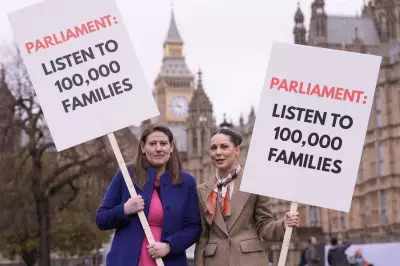Entertainment
Friends Finds New UK Streaming Home on HBO Max After Netflix Departure
The iconic sitcom Friends will return to UK screens on HBO Max in March, following its removal from Netflix in December, offering fans a new streaming option.
Sports
Arsenal's Kai Havertz Ruled Out of Tottenham Clash with New Injury Setback
Arsenal forward Kai Havertz will be absent for the crucial north London derby against Tottenham after sustaining a fresh injury, compounding existing long-term fitness concerns at the club.
Politics
Federica Brignone's Olympic Gold Caps Remarkable Comeback from Leg Fractures
Italian skier Federica Brignone wins super-G Olympic gold less than a year after multiple leg fractures, completing an incredible recovery story on home snow in Cortina.
Crime
Systemic Failings Exposed in Marten Baby Tragedy, Thousands of Children Remain at Risk
A national review reveals systemic gaps in support for parents after child removal, following the death of Constance Marten's baby. Experts warn thousands of children remain vulnerable.
Business
Health
Weather
Twin Blizzards to Bury UK Cities with 19 Inches of Snow
Advanced weather maps reveal two major blizzards will hit the UK, bringing up to 19 inches of snow to cities like London and Birmingham, with intense flurries expected.
Cyclone Gezani Kills 20 in Madagascar, Causes Widespread Damage
Tropical Cyclone Gezani has struck Madagascar, resulting in at least 20 fatalities and severe infrastructure damage, with thousands evacuated and warnings of further storms ahead.
Snow Warning for 26 UK Cities on Thursday and Friday
The Met Office issues yellow warnings as snow is forecast to sweep from Scotland southwards, with up to 10cm expected in some areas and travel disruption likely.
UK's Record 42-Day Rain Deluge: Causes and Forecast
The UK faces a record-breaking 42 consecutive days of rainfall, with forecasters warning of continued downpours and flooding. A stalled low-pressure system is to blame.
UK Cold Weather Alert as Temperatures Drop to -4C
The UK Health Security Agency has issued a yellow cold weather health alert for large parts of the UK from Friday to Monday, warning of risks to vulnerable people as temperatures fall below zero.
Tech
Get Updates
Subscribe to our newsletter to receive the latest updates in your inbox!
We hate spammers and never send spam
Environment
UK Geography Mastery: Wednesday Test
How well do you know UK geography? Take our Wednesday test covering all aspects of British physical and human geography with 100 multiple-choice questions.











































